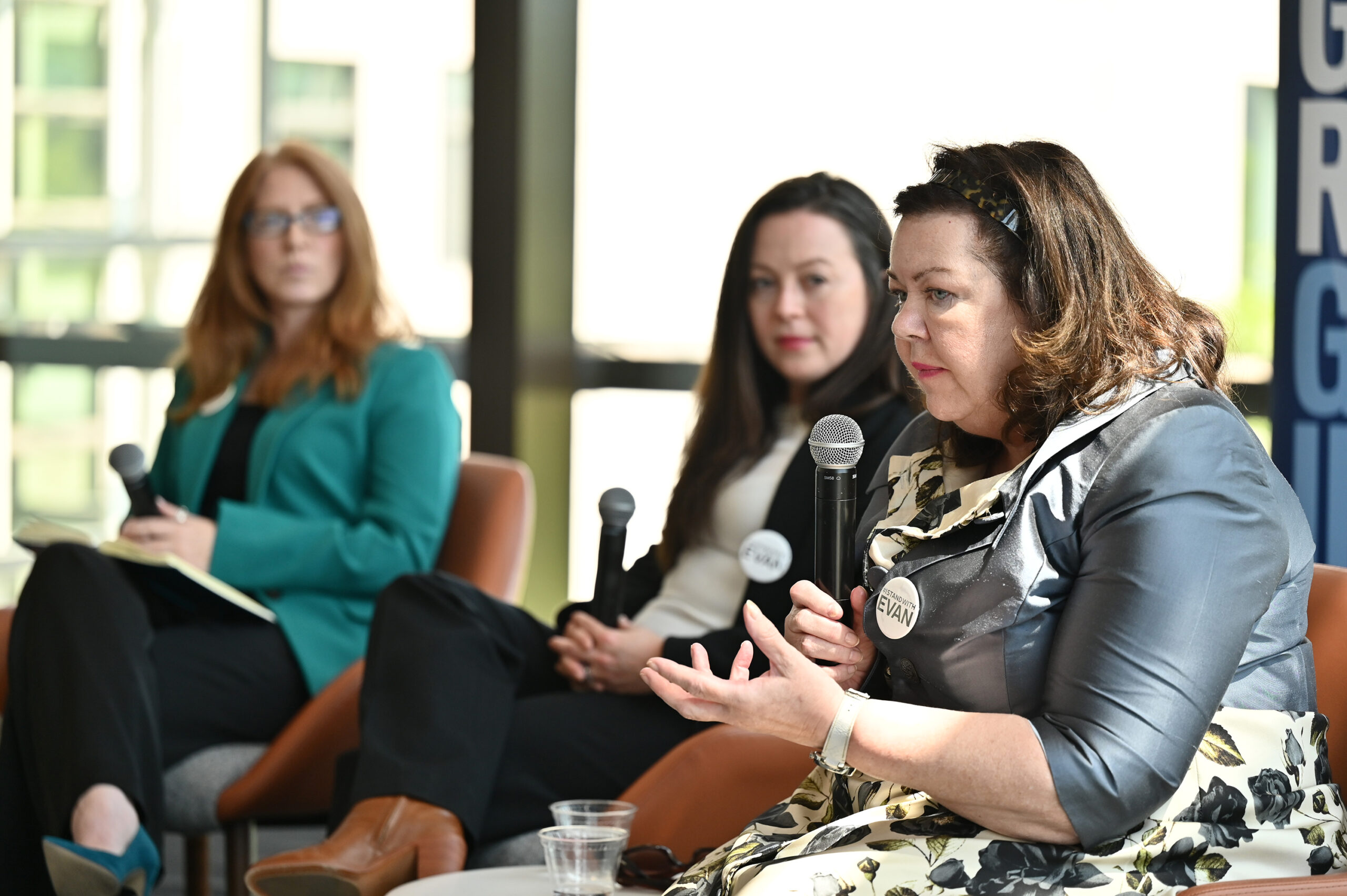Behind the scenes: Diplomatic efforts to free the wrongly detained
The more than 520 journalists jailed worldwide include a small number of foreign correspondents held by nations of which they are not citizens

- Image Kaveh Sardari
More than 520 journalists worldwide are imprisoned, according to a recent assessment from Reporters Without Borders. The same report found:
- China currently jails 121 journalists, the most of any nation. It holds roughly a quarter of all the reporters imprisoned worldwide.
- Belarus joined China and Myanmar as one of the three countries jailing the most media professionals.
- More than 50 journalists are being held hostage around the world.
While the majority of reporters detained are imprisoned by their own countries, a handful are foreign correspondents held by others. In these cases, diplomats work behind the scenes to free those wrongly detained.
When it comes to freeing imprisoned journalists, “our own ability to function and process democracies is very much about showing that there is a line and that a number of countries have banded together to defend those principles,” Sara Cohen, the deputy head of mission at the Canadian Embassy, said at a recent event hosted by the Committee to Protect Journalists at the Johns Hopkins University Bloomberg Center.
International collaborations
Three years ago, Canada launched the Arbitrary Detention Initiative, which “filled what we saw as a gap in the international community’s ability to build coalitions around specific issues,” Cohen said.
Seventy-five countries, one from every continent, have signed on to the initiative, which makes it easier to form different coalitions calling for a prisoner’s release.
Cohen said leaders of smaller countries and those who do not have diplomatic relations with countries where their citizens are present praise the effort.
“They say to you quite candidly, ‘If it ever happened to us, we’re not sure what we would do for our citizens. And so thank you for creating a space where we can leverage the solidarity, commitment, and partnership of other nations who would also help us stand up for our people,” she said.
Year of the election
Dame Karen Pierce, the British Ambassador, added that those efforts will take on additional importance this year as nearly half the world’s population votes in national elections and artificial intelligence makes disinformation more prevalent.
“One way to counter disinformation is masses of information,” she said. “So, with Canada and others, we’re going to keep our efforts up to shine a spotlight to lobby to try and get more countries to join us in putting pressure on the countries who act against press freedom.”